ENVIRONMENT & CLIMATE
Intense Solar Activity Is Bringing the Northern Lights To the United States
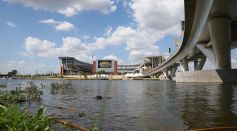
Texas Lifts Warning for Brain-Eating Microbe for All but One City
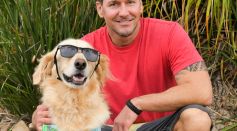
New Study Shows Positive Impact of Having Pets During Lockdown

Man Dies from a Rare Brain-Eating Amoeba Found in Soil

HeroRat Magawa Awarded Gold Medal for Detecting 39 Landmines
Wild Brown Bear Breaks Into the Alaska Zoo, Killing Caesar the Alpaca
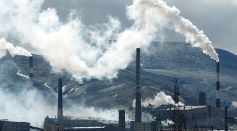
A Recent Study Illustrates Actual Extent of Damage from Arctic Pollution
Researchers Claim Higher Levels of Air Pollution Increases Electricity Consumption
Biologists Monitor Shape Changes In Amazon Fish After Dam Closes River
Can A Rat Tell When A Movie Features Rats?
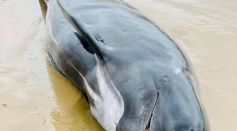
Why are Australian Rescuers Forced to Euthanize the Trapped Whales in Tasmania

Researchers Have Sequenced the Genome of Alexander Fleming's Original Penicillin Mold
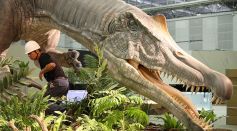
Newly Discovered Fossils Support Theory Claiming Spinosaurus Led Aquatic Life
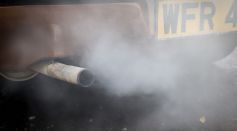
Reduced Nitrogen Levels In the Atmosphere Does Not Mean Cleaner Air, Study Reveals
Most Popular

Catch The Blood Moon: Where and When to See the Total Lunar Eclipse on March 3, 2026

Rare Blood Moon Lunar Eclipse Illuminates the Skies Over North America

The Neuroscience of Habit Formation: What Behavior Science Reveals About How the Brain Builds Routines

How Ocean Currents Shape Climate Patterns and Drive Weather Science on Land




